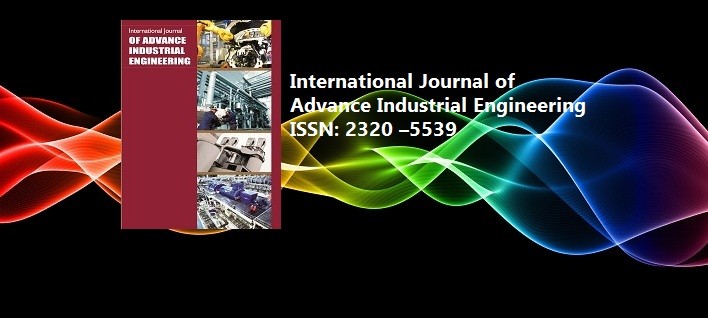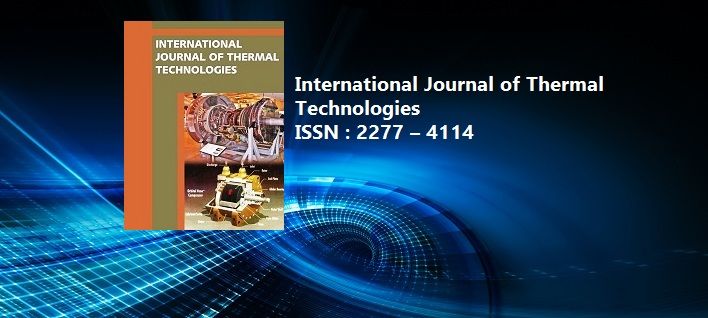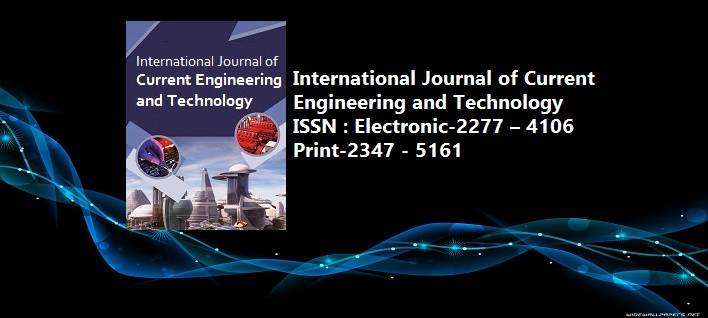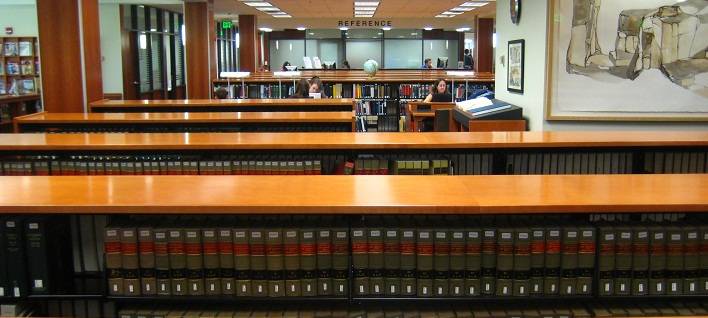Prediction of Water Treatment Plant Outlet Turbidity using Artificial Neural Network
Pages : 1559-1565
Download PDF
Abstract
The present study was conducted for the purpose of simulation of some units that was used intensively in a conventional water treatment plant. A pilot plant used to test the simulated raw water by mixing kaolinite clay with tap water and treated with difference alum dosage. The simulation tool that was used recently based on artificial intelligence and experimental tests, which is the neural network (ANN). The ANN was used to simulate and predict the required alum dosage for treated the turbidity in raw water. The experimental work was studied in a pilot plant scale, where a rig was designed and manufactured to simulated these treatment units. The synthetic turbidity was used to create the turbidity water that was used in this work. The experimental study was consisted of four runs with different inlet flowrate; each run contained five different influent turbidity sets (25, 50, 75, 100, 150) NTU and ten series of alum dosage varies form (5 – 50) mg/l for each turbidity set. The collected data for the neural network was about 200 set of data. The process model had eight input nodes and two output nodes, which is the effluent turbidity and pH. The correlation coefficient of this model was 0.98 and 0.86 for turbidity and pH respectively. The error indices of this model where 2.03 NTU, 1.38 NTU, 13% for RMSE, MAE, MAPE respectively for turbidity, while the pH errors were 0.19, 0.14, 2% for RMSE, MAE, MAPE respectively. These errors indices showed a good performance for the model in the prediction process of these parameters within the ranges of the study.
Keywords: Artificial Intelligence; Artificial Neural Network (ANN); Process Model; Correlation Coefficient (R); Root Mean Square Error; Mean Absolute Error; and Mean Absolute Percentage Error
Article published in International Journal of Current Engineering and Technology, Vol.7, No.4 (Aug-2017)



















 MECHPGCON, MIT College of Engineering, Pune, India
MECHPGCON, MIT College of Engineering, Pune, India AMET, MIT College of Engineering, Pune, India
AMET, MIT College of Engineering, Pune, India International Conference on Advances in Mechanical Sciences
International Conference on Advances in Mechanical Sciences  International Symposium on Engineering and Technology
International Symposium on Engineering and Technology International Conference on Women in Science and Engineering
International Conference on Women in Science and Engineering




